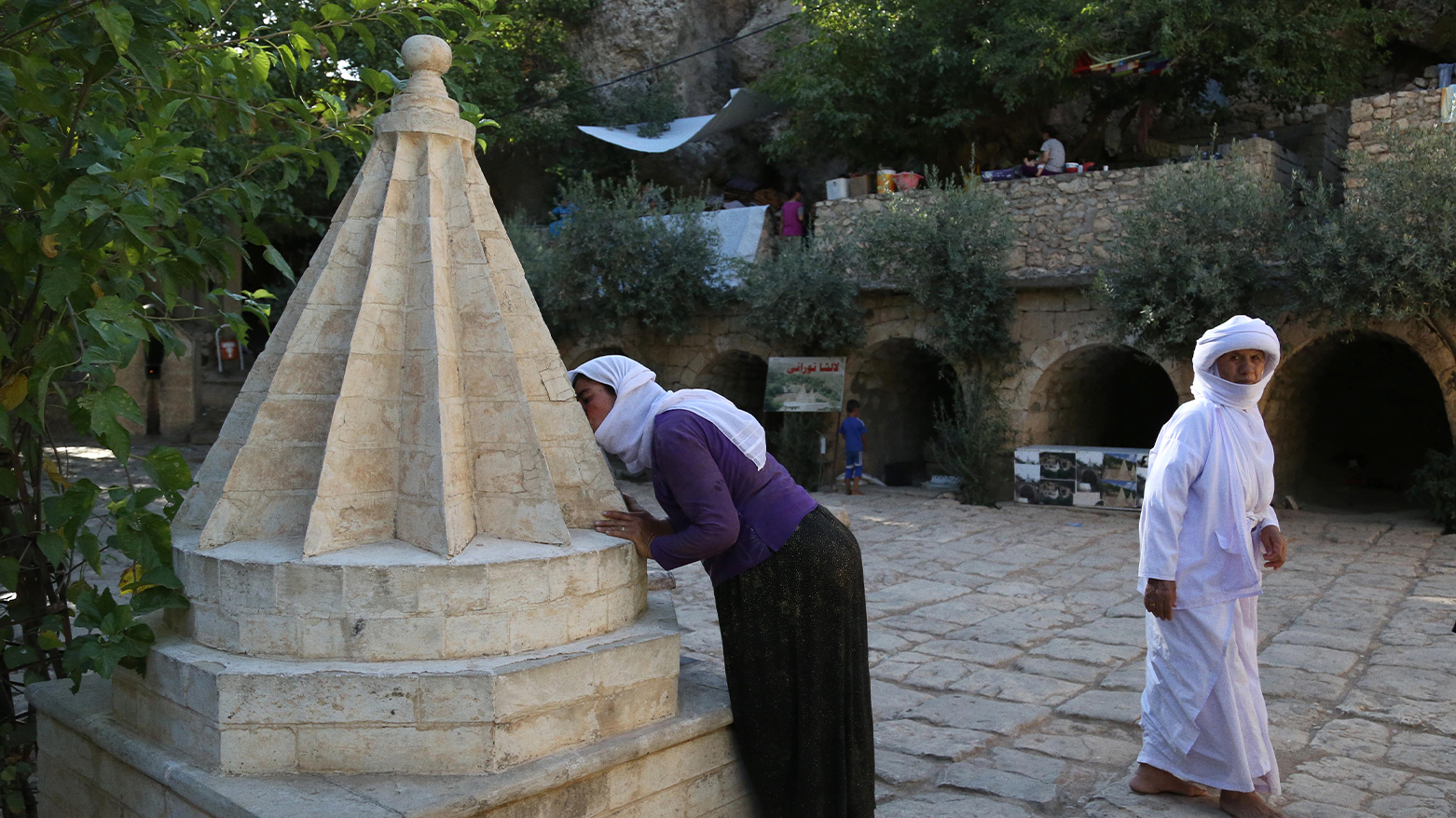Yezidi Spiritual Council rejects attempts to alter Yezidi nationality
In a statement, the council emphasized that Yezidis are "an integral part of the Kurdish nation, with historical and cultural roots deeply embedded in Kurdish land."

ERBIL (Kurdistan24) - The Yezidi Spiritual Council announced on Saturday its firm rejection of attempts to change the Yezidi nationality from Kurdish to any other nationality and to manipulate their identity.
In a statement, the council emphasized that Yezidis are "an integral part of the Kurdish nation, with historical and cultural roots deeply embedded in Kurdish land."
This announcement follows an effort initiated on Thursday by a Yezidi member of the Iraqi Parliament, who, after collecting 183 signatures, attempted to define Yezidis as a separate nation based on more than their religious differences.
This move was met with strong opposition from the Yezidi community within the Kurdistan Region and beyond, who denounced any attempts to redefine their Kurdishness and manipulate their national identity.
The Yezidi Spiritual Council’s statement underscored that "Yezidism is an ancient religion dating back thousands of years and is part of the ancient Kurdish heritage. Yezidis speak the Kurdish language, and their customs and traditions align with the broader Kurdish culture."
The statement further noted, "Throughout the ages, Yezidis have preserved their religious and national identity despite facing numerous challenges and persecutions."
The council stressed the importance of respecting the Kurdish Yezidi identity and warned against attempts to change or falsify it.
They asserted that preserving this identity is "a natural right and a sacred duty, and it is an integral part of protecting the cultural and religious heritage of the Yezidi and Kurdish people in general